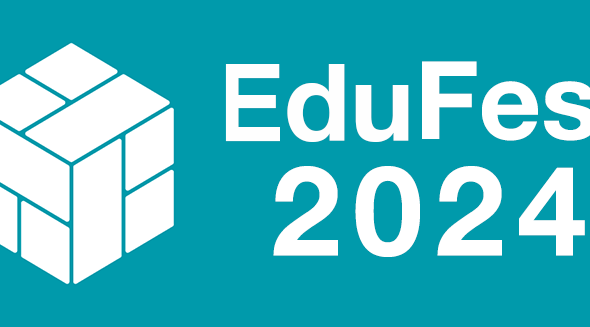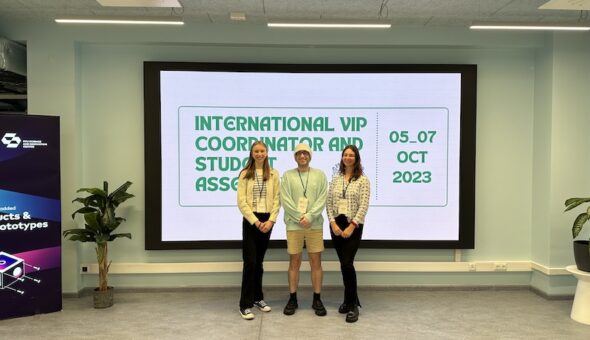Thanks to the support from ‘Student as Producers Grant’ by the Centre for Learning and Teaching at the University of Bath, I was able to attend the American Geophysical Union (AGU) Fall Meeting 2022, which is the largest and most influential conference in my research field. And thanks to the conference organizers, even though I attended the conference virtually, I still got the chance to fully enjoy the whole conference. There was a variety of choices for each individual day of scientific sessions, workshops and events. All of the sessions which I was interested in could be attended virtually, and most scientific sessions and workshops can be watched afterwards as well.
At the conference, I delivered an oral presentation in session AE23A: ‘Advances in Instrumentation and Signal and Data Processing Methods for Atmospheric Electricity Applications II’. In that session, I presented my research work on ‘Long Range Lightning Interferometry using Coherency’. It was a great opportunity to show my newest scientific results to people with similar research background and to improve my comprehension through discussions with others. I got questions from the audience which means there was interest in my work and can be a potential future employer for me.
There were also some other interesting sessions, such as AE33A: ‘Physics of Streamers, Leaders, and the Lightning Discharge: High-Resolution Observations and Modelling II’. Last year, I was lucky to work with several experts in this field about blue discharge, and we submitted a paper recently, which is associated with this session. It was lovely to see all this advanced research presented in the session. In particular, I was interested in the research work about using VHF interferometers to study the lightning development and structure.
Overall, I got the chance to know the work of people who are experts in this field through both talks and poster sessions. During these presentation sessions, I learnt the newest scientific results and got many innovative ideas. Eventually, I even developed some new ideas about my own work. And my work presented at this conference is invited to be summited to the Special Issue entitled "Advances in Instrumentation and Algorithms for Atmospheric Electricity Applications" recently launched by the open-access journal Remote Sensing (IF: 5.349). Through the discussion with people after the session, I have the chance to collect valuable opinions and practical advice. I also obtained some of their contact information for future discussions or even collaborations. There was also a website page from the AGU conference website for us to find a potential job. At the conference, I had the chance to talk to potential employers and seek career opportunities.
I also attended the ‘Student Travel Grant Virtual Networking Celebration’, which is an online session for us to network with the students who also received the Student Travel Grant from the AGU meeting. I must say, it’s a great way to meet PhD students like myself who are also enthusiastic and passionate about this field. Even though there is some teamwork involved in each research group, most of the PhD students do their research alone as each of them is in charge of a unique research topic. And this event builds a great platform for us, and it was a great opportunity to network with all these extraordinary early career scientists who share the same background.
There were also some virtual training sessions, and one of the most interesting ones was the session: ‘Present Your Science: Transforming Technical Talks’. In that session, I started to understand the importance of producing an audience-centred presentation. And all the tips in that session helped me to produce a talk that, hopefully, most of the audience can benefit from.
Again, I really appreciate this ‘Student as Producers Grant’ which made all of these valuable experiences possible for me.
Xue Bai, PhD Research Programme in Electronic & Electrical Engineering
The Centre for Learning and Teaching has lots of funding opportunities including student grants. Find out more about Students as producers enabling undergraduate and postgraduate students to present and publish research outputs they have either created individually or have been generated by collaborating with academic or professional services staff.
Respond


